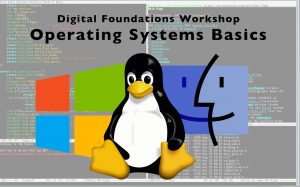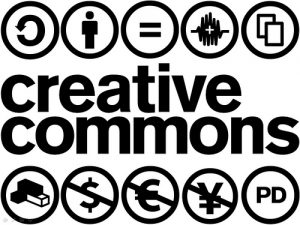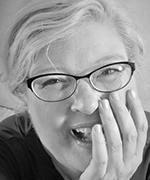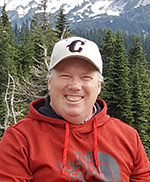CDSC Spring Symposium 2018: Open Gameplay & Keynote with Matt Swanson
Michael WynneCDSC Spring Symposium 2018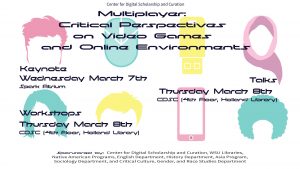
Multiplayer: Critical Perspectives on Video Games and Online Environments
Games and online environments allow for infinite possibilities to create new personas and new societies that are radically different than real life. But this freedom doesn’t mean that online everyone is equal and social inequities are not replicated. Acknowledging that virtual worlds replicate the social values of their creators is a small part of the 2017-2018 WSU Common Reading book, “Ready Player One,” when one character reveals that offline they are definitely nothing like their avatar and they did this to embody a more privileged space in the Oasis, the virtual world at the core of the story. The same goal – to complicate games and online environments – is something that guests for this symposium are all interested in doing in their scholarship and praxis. The presenters will critique, interrupt, and challenge game play so our digital future is does not simply replicate and reinforce the inequity of our analog past.
Sponsors:
Center for Digital Scholarship and Curation, WSU Libraries, Native Programs, English Department, History Department, Asia Program, Sociology Department, and Critical Culture, Gender, and Race Studies Department.
March 7th: Open Gameplay & Keynote with Matt Swanson (Facebook Event)
- Wednesday, March 7th
- 5:00-6:00pm, Open Gameplay of Never Alone, Spark 10
- 6:00-7:00pm, Keynote with Matt Swanson, Spark Atrium
Game Producer and Project Manager Matt Swanson will present the keynote for the CDSC Spring Symposium. Swanson brings over fifteen years of project management, marketing and design experience to his role as Executive Producer at E-Line Media. With a passion for creating games, supporting creative teams, developing inspirational products and a drive for excellence, Matt oversees all aspects of production in E-Line’s Seattle studio. Most recently he guided production through the successful multi-platform worldwide launch of the award-winning Never Alone (Kisima Ingitchuna). Swanson’s talk will be preceded by open gameplay of Never Alone from 5-6 pm in Spark 10.
Verification of attendance available for Common Reading.
